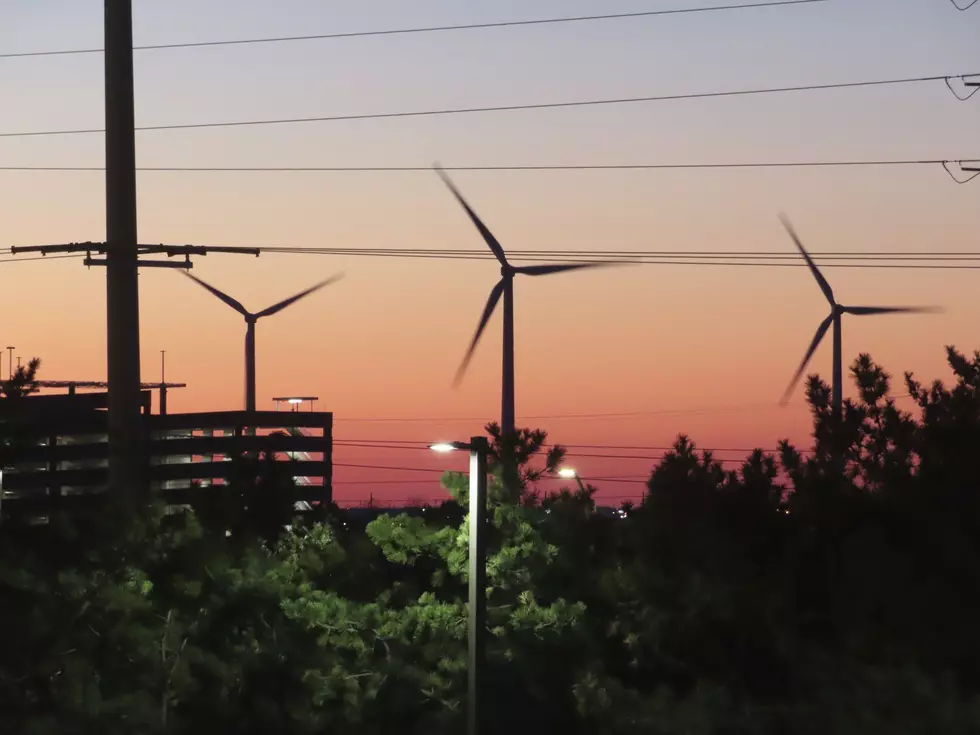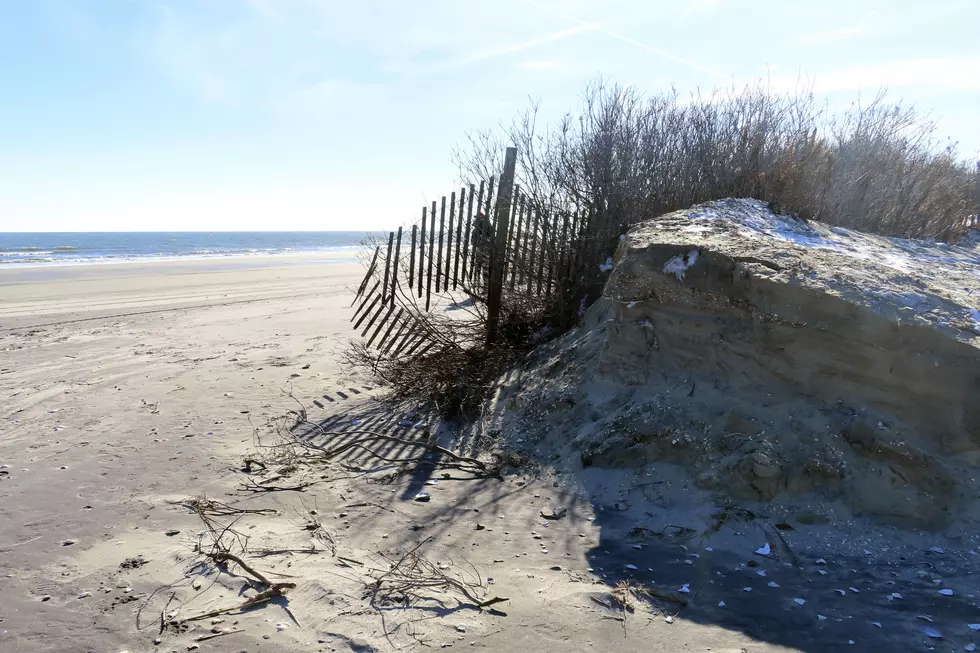
Sorry, NJ: Gas prices are going over $2 per gallon
By Wednesday, the average price for gasoline in New Jersey is expected to hit $2 a gallon.
Gregg Laskoski, senior petroleum analyst with GasBuddy.com, said New Jersey has been one of the lucky 13 Northeastern states that has stayed below $2 a gallon in recent months.
"lt's still going to be below the national average, which is $2.13 right now," Laskoski said.
Even with prices rising, including a 2-cent increase in the state average over the past week, Laskoski put things in perspective: "We're still looking at an average price that's 39 cents lower than where we were a year ago on this date.
Generally, prices climb aggressively every year at springtime because of the transition to the more expensive summer blend gasoline, and according to Laskoski. More often than not, prices over the last five years or so have jumped anywhere from 40 cents to 70 cents a gallon from the beginning of the year to the point at which the prices peak.
"I think we're more than likely going to see things at the lower end of that scale this year, and in New Jersey, I think you'll probably see a state average come in somewhere between $2.30 and $2.50 a gallon when prices do peak, probably in, I would say, early to late June," Laskoski said.
A year ago at this time, New Jersey's average was $2.38 a gallon, compared to the national average of $2.52, Laskoski said.
"We're projecting that the national average will peak somewhere in a range between $2.43 and $2.74, and I think the New Jersey average undoubtedly will fall significantly lower because your gasoline taxes are lower than most other states," Laskoski said.
Coastal areas in New Jersey, places that are the magnets for tourism, will see more expensive pump prices, according to Laskoski.
"It's inevitable that the greater demand there is going to push prices a little bit higher than other areas that are not bringing in so many out-of-state visitors.
In addition to the switch to the summer blend of gas, Laskoski said, higher crude oil prices also are driving up prices at the pump.
"We see the benchmark crude in the United States today, the West Texas Intermediate Crude, is at $43 and change. Just three weeks ago, it was $8 lower. It was at $35.50, so any time you see crude prices rising, it's a pretty good bet that you're going to see the price at the pump rising as well, even though there's never a direct correlation between the two, there is very often, a tie in the direction that both prices are moving in," Laskoski said.
Once gas prices peak in June, it's unknown if they'll remain there for the duration of summer, or come back down again to below that $2 mark.
"Nobody really knows the answer to that until we see where crude prices are going and what consumer demand is really going to look like," Laskoski said. What analysts do know right now, according to Laskoski, is that consumer demand at this point in the year is up significantly, verses where we were about a year ago on this date.
"It's up over 4 percent compared to last April, so that's really a sign, maybe not necessarily of economic strength, I think it's more a sign that people are more interested in traveling, especially when gas prices are as low as they are," Laskoski said.
| Lowest Gas Prices in New Jersey |
| New Jersey Gas Prices provided by GasBuddy.com |
More From New Jersey 101.5 FM









